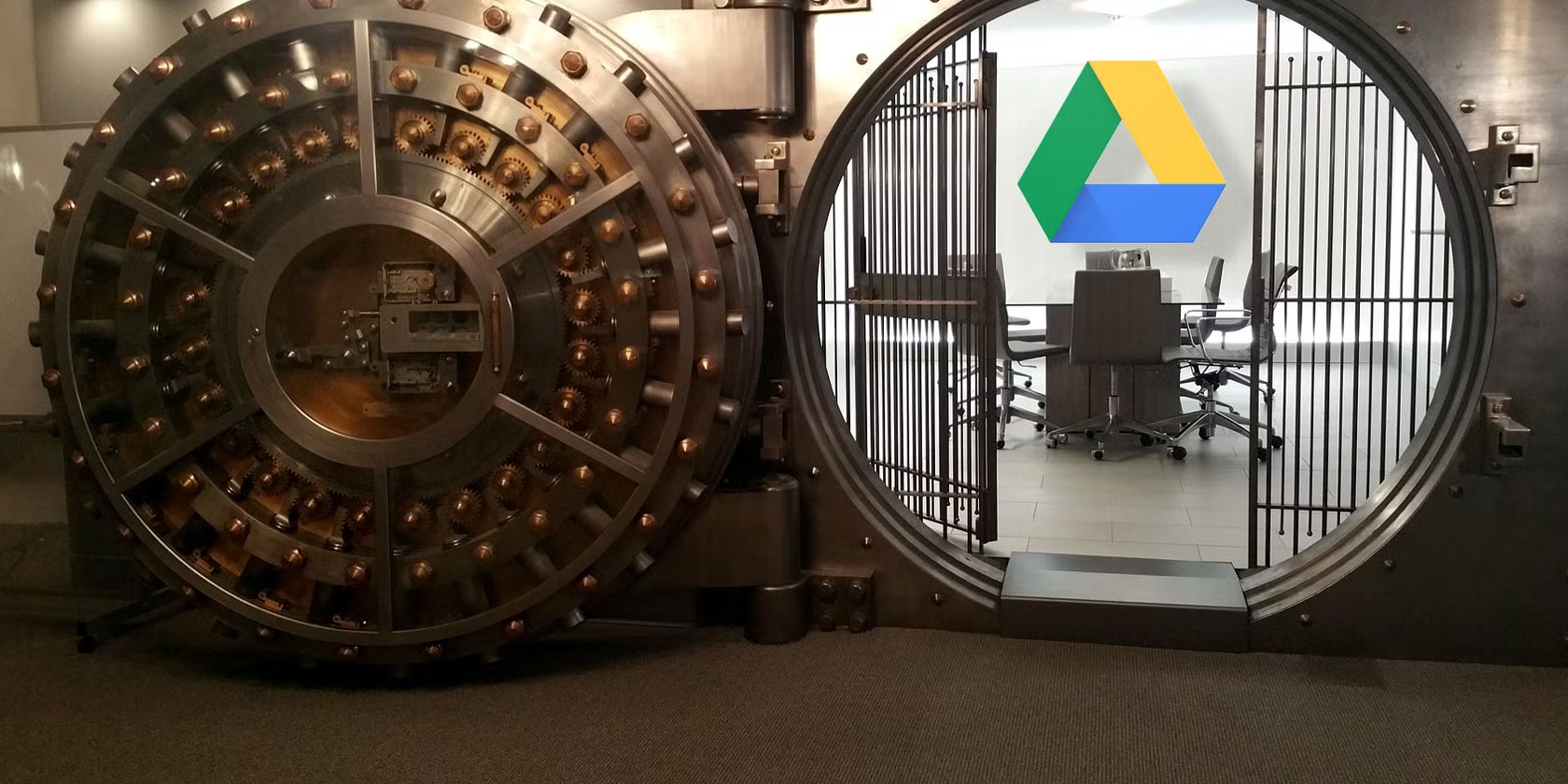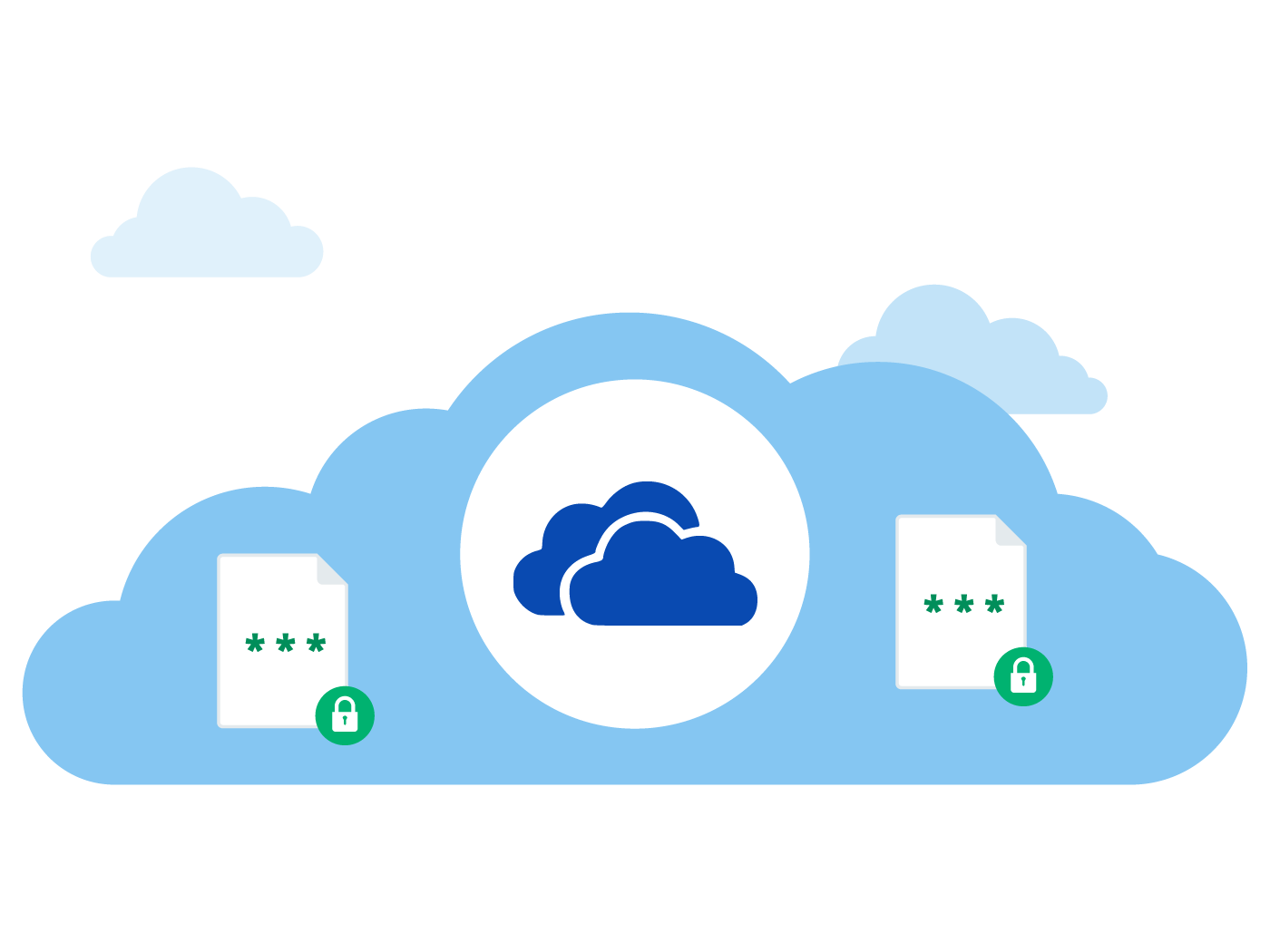

This can range from a user's accidental deletion, malicious deletion, or intentionally deleting data that turns out to be needed later.
One of the leading causes of data loss in the cloud isn’t vendor error, but from within your own company: human error.

Limited Protection against Constant Threat of Human Errors However this only protects against some threats and only for a certain amount of time. In the event of a hardware failure, your data will be protected by Google Drive, which backs up your data in world-class Google data centers with multiple redundant storage systems.Įven if an earthquake, volcanic eruption, or full-on kaiju attack destroys the Primary Google data center where your Google Drive files are stored, Google guarantees that G Suite customers' data will survive in a redundant system within 24 hours. Overall though, Google Drive is extremely secure, and most users won't need to worry whether their data is vulnerable.Google Drive protects again some threats but not all This includes things like enabling 2-factor authentication, and removing apps or browser extensions that insist on accessing your Google Drive for no apparent reason. So it's always incumbent upon you as an end-user, to ensure you are doing everything you can, to keep your data private. If you use a weak or duplicate password, hackers could end up being able to access your Google Drive from your end. The second, and more likely vulnerability, lies with the end-user. So if Google were to be successfully hacked, or if the Government came calling and demanded access to files, then they could potentially be accessed without end-user consent. This means that anyone with access to those keys would be able to open any file stored on Google Drive. Firstly, Google retains the encryption keys for all the files stored on Google Drive. However, while this does make the encryption extremely secure, there are a couple of potential vulnerabilities. That would take millions of years for a modern supercomputer to crack, just through brute force. We won't go into too much detail about what 256-bit AES encryption is.

Read More: Is WhatsApp Secure And Private: How Safe Is WhatsApp Messaging? How Secure Is Google Drive? So while Google Drive uses encryption, exactly how secure is it? We'll cover that next. Files will, in theory, remain private, unless actively shared with another party by the person who has access to that particular Google Drive. It uses Transport Layer Security (TLS) protocol when data is being sent from one point to another. Google uses strong 256-bit AES (Advanced Encryption Standard) encryption on its Google Drive servers.


 0 kommentar(er)
0 kommentar(er)
